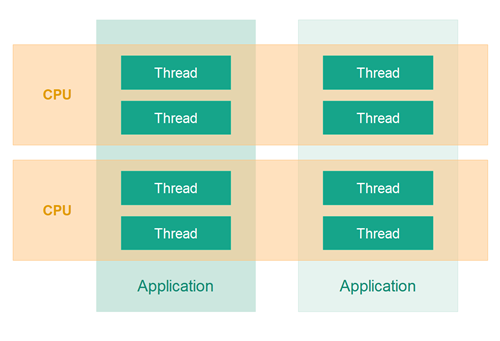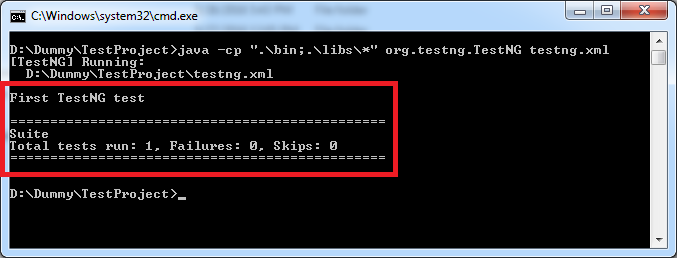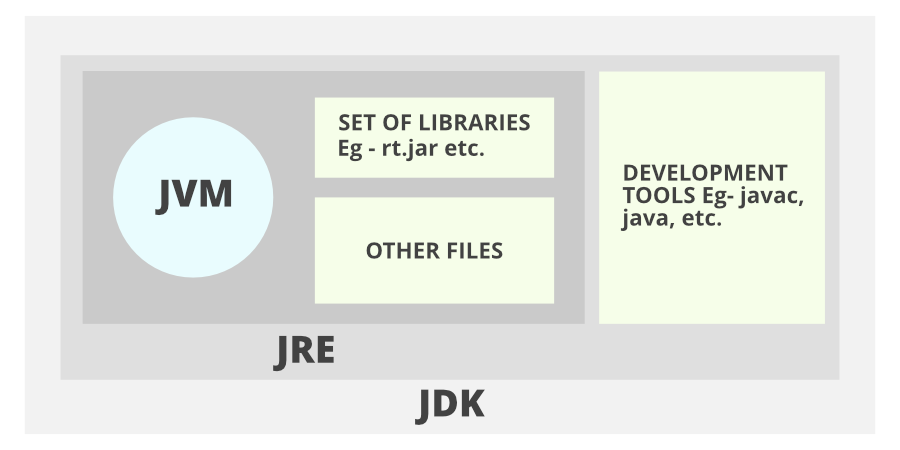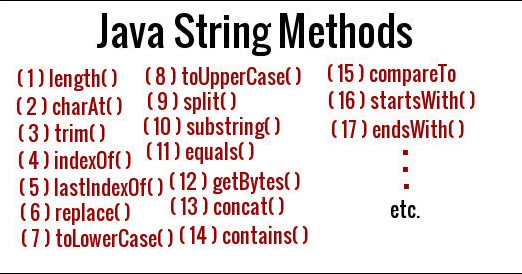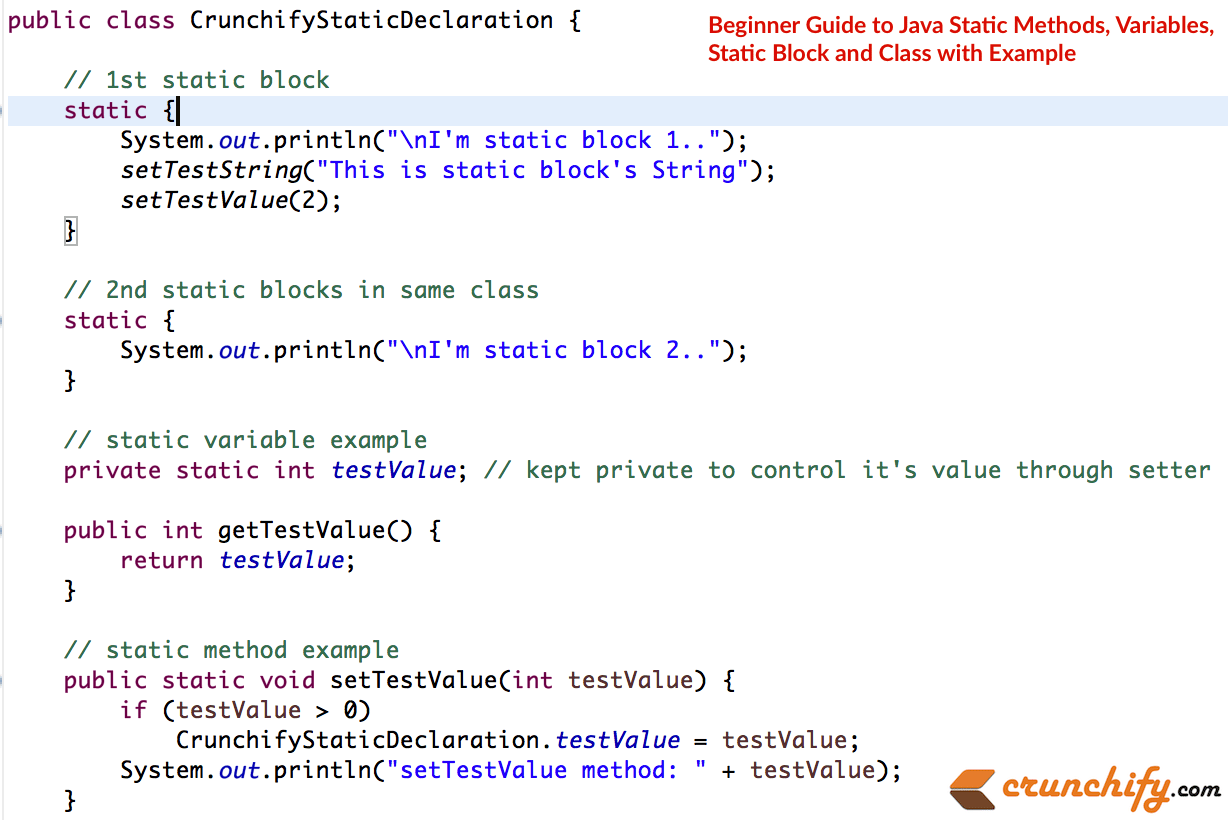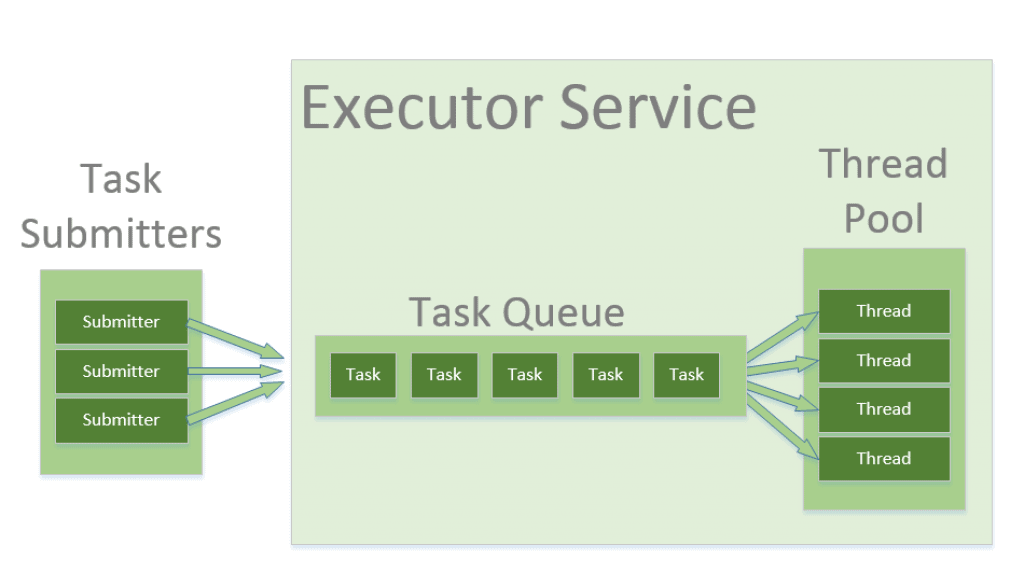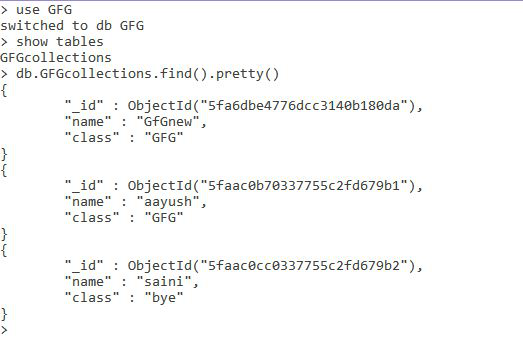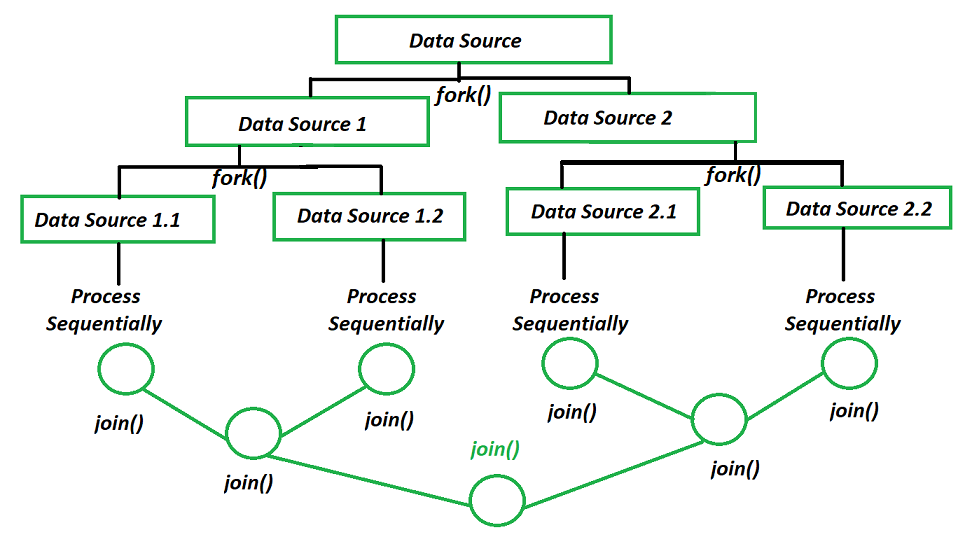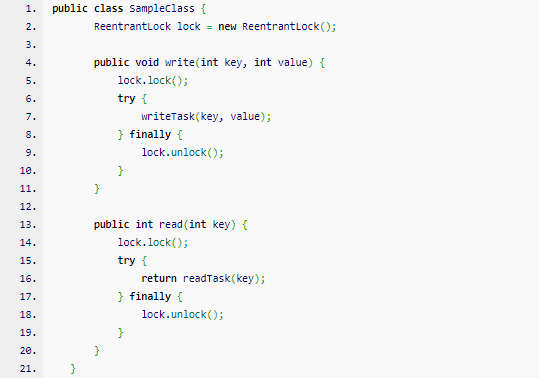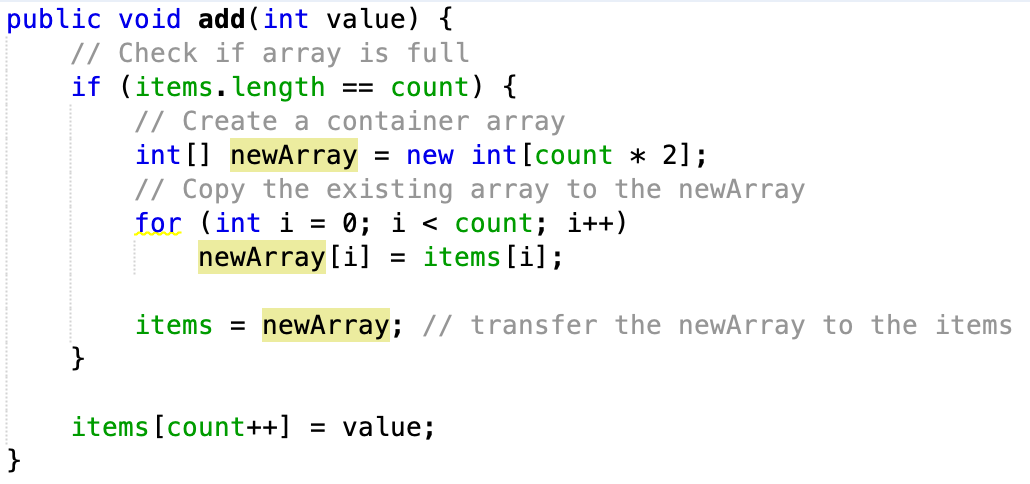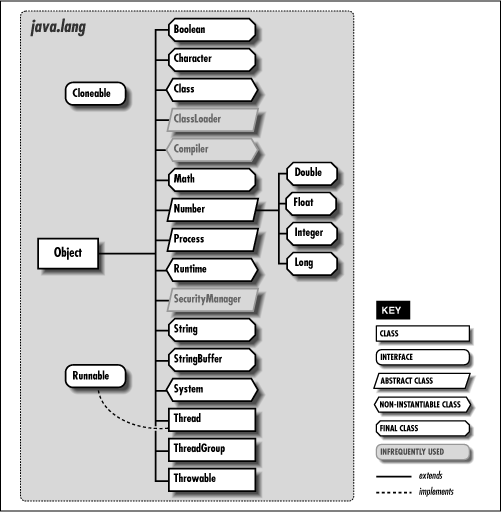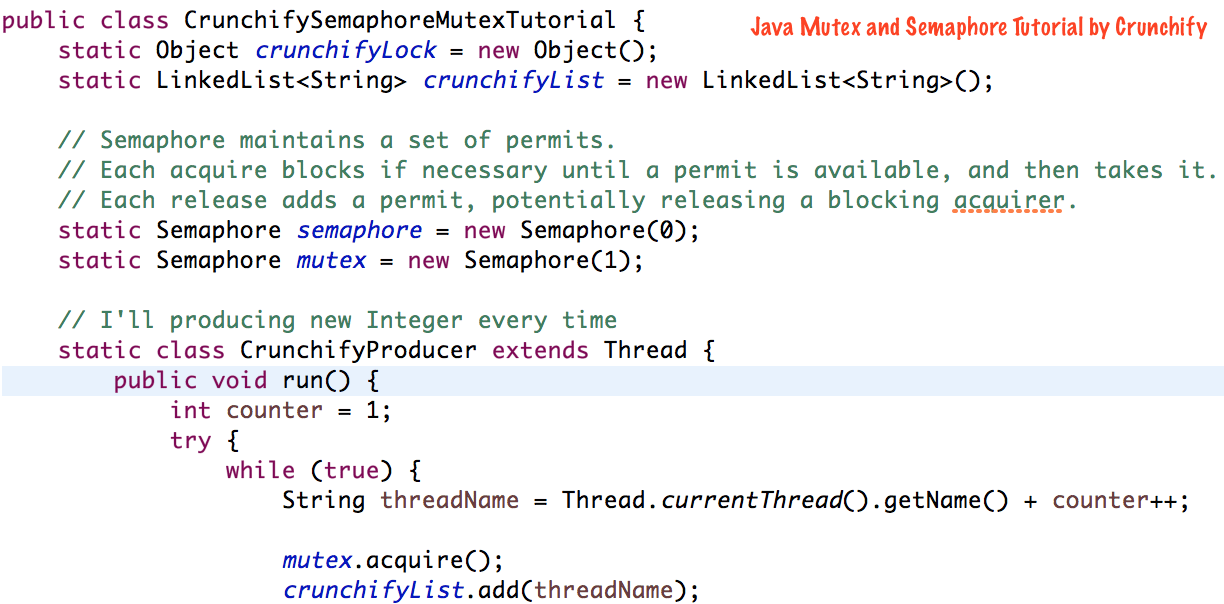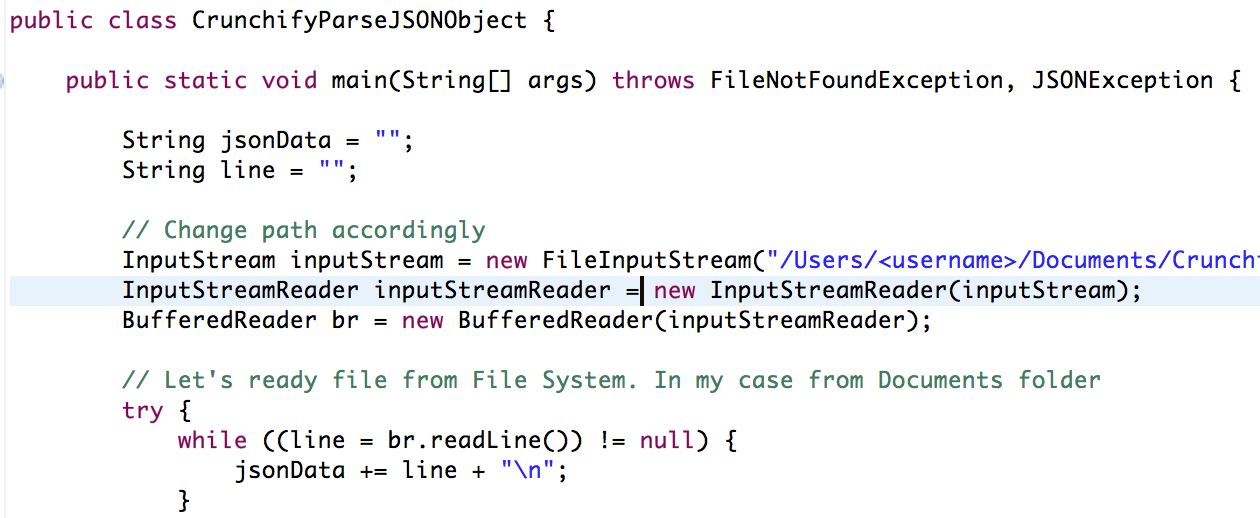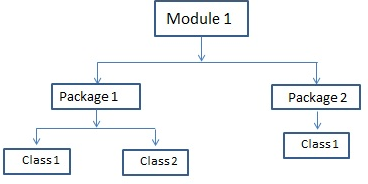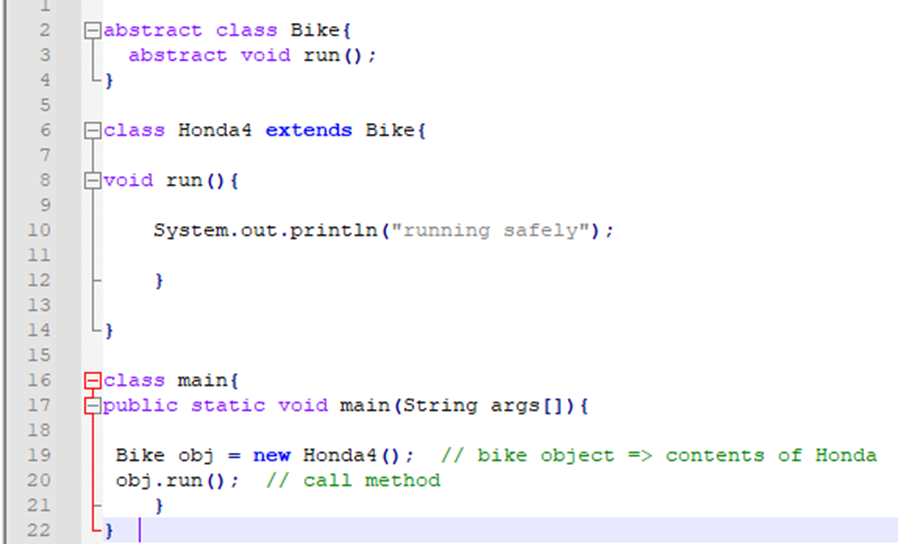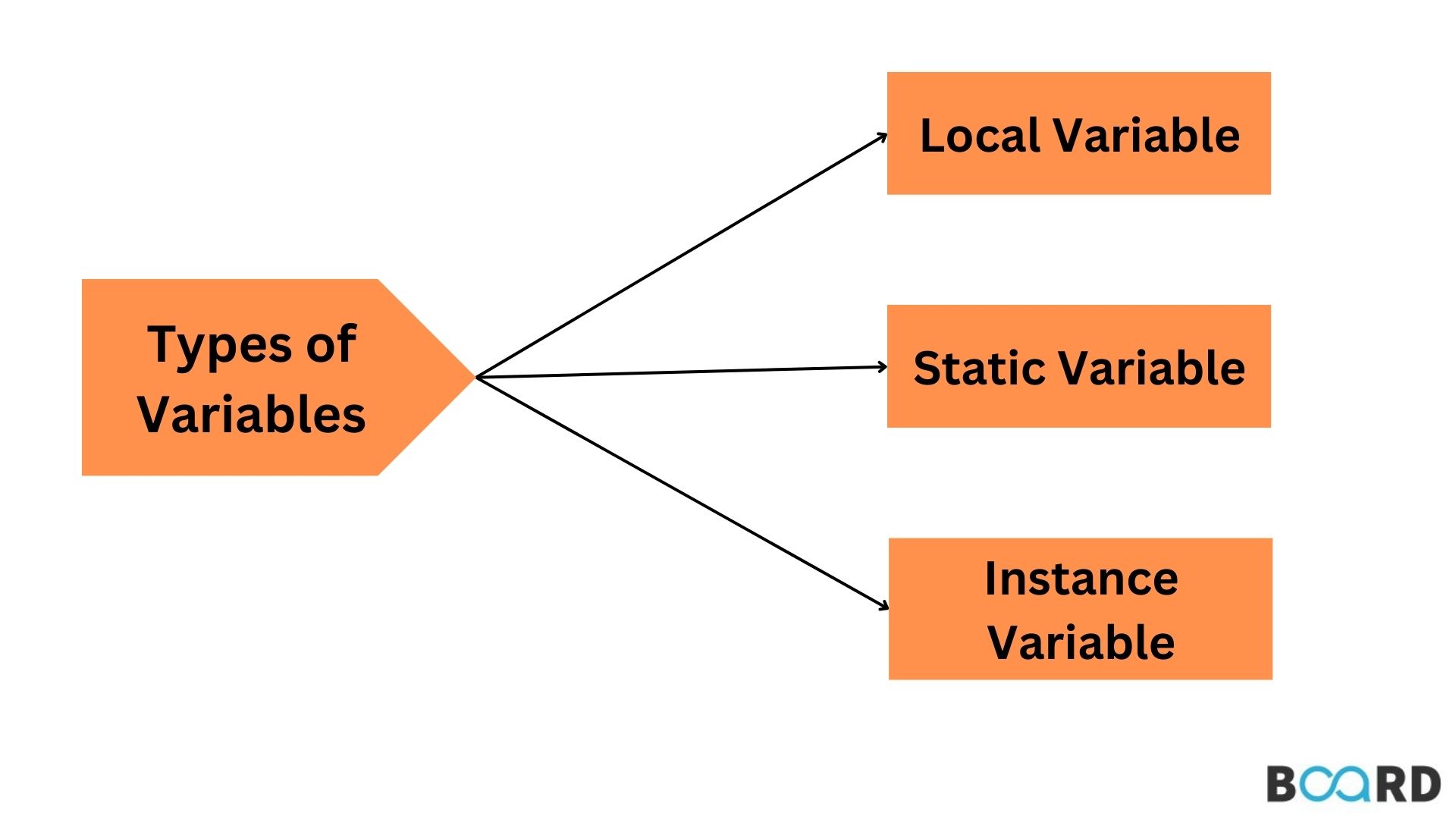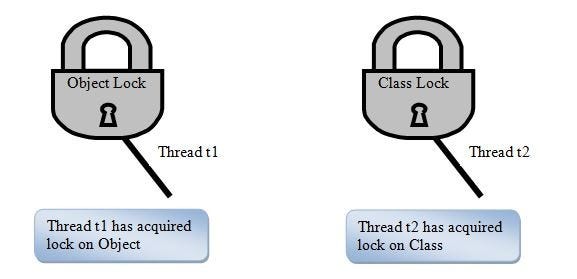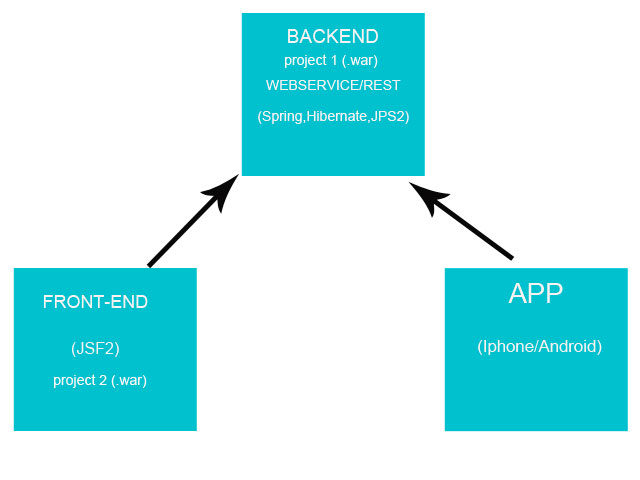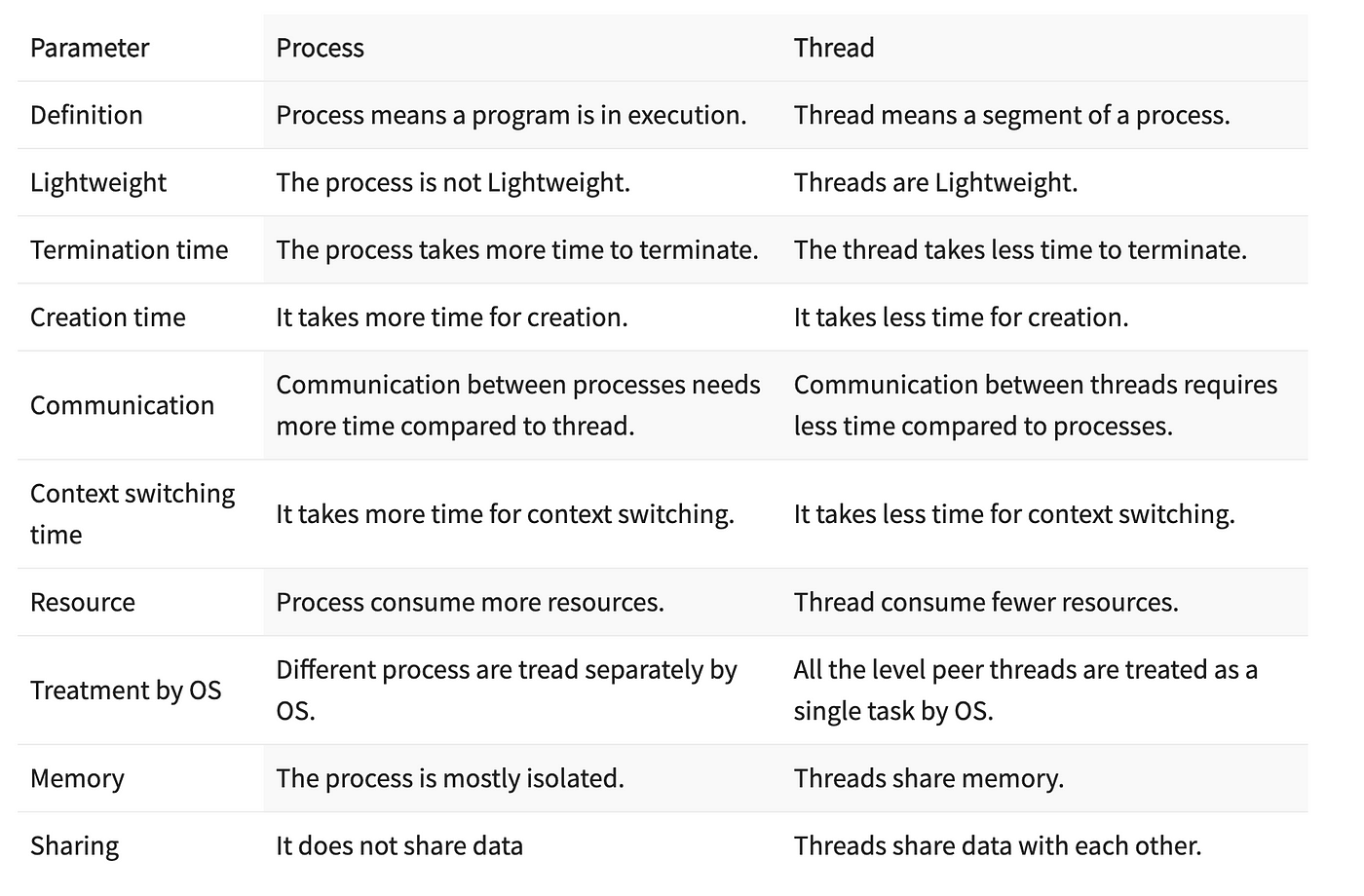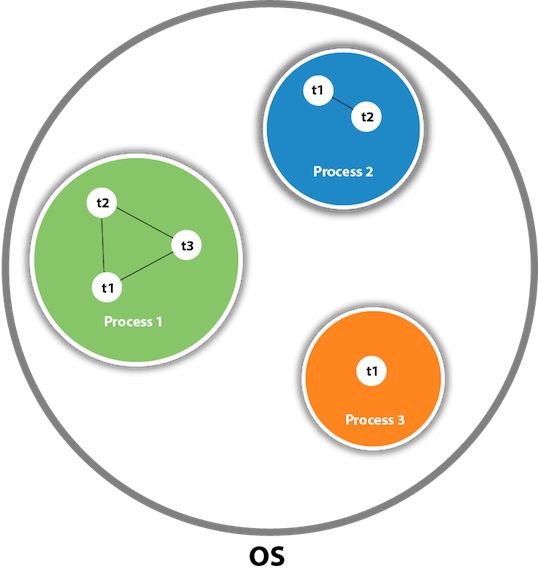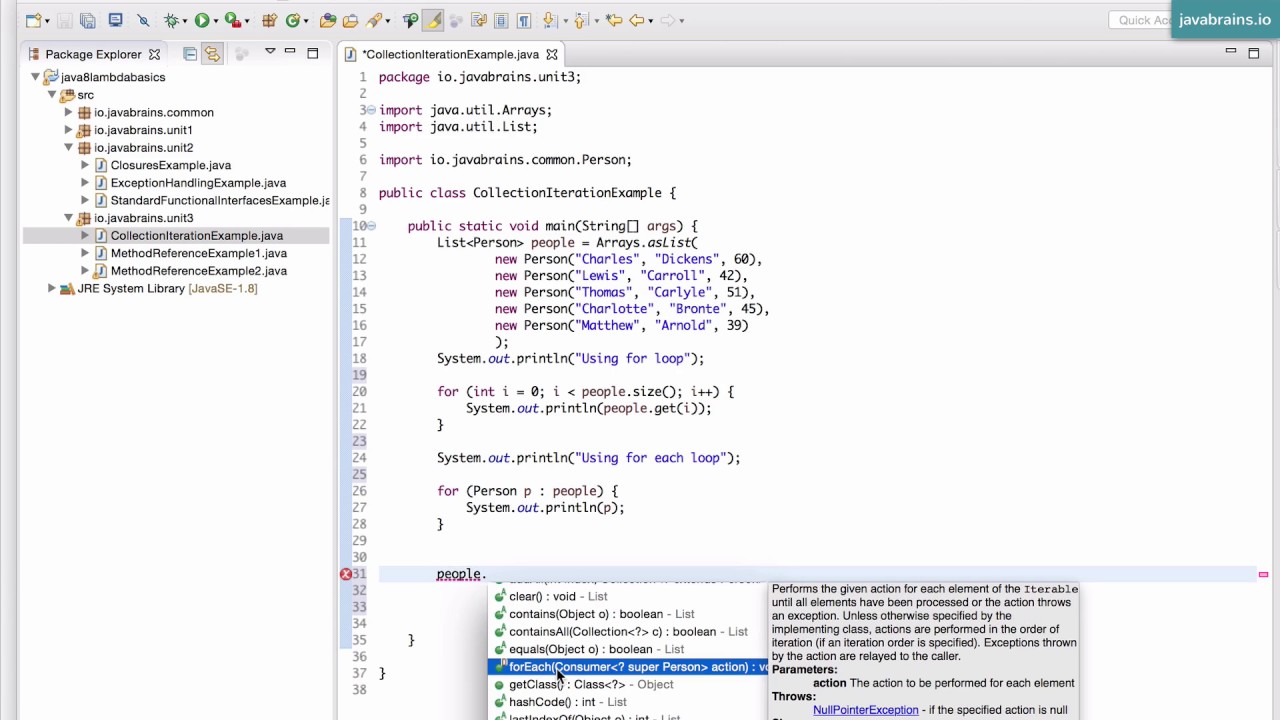What is the symbol of operator in java with example
What is the symbol of operator in java with example
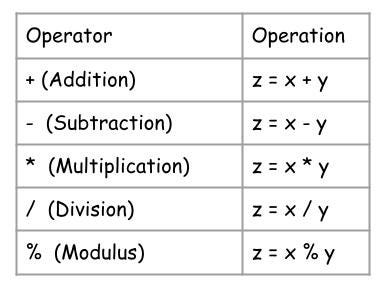
I'd be happy to explain the concept of operators in Java with examples.
In Java, an operator is a symbol used to perform operations on variables and values. There are various types of operators in Java, including arithmetic, comparison, logical, bitwise, assignment, and casting operators.
Let's take a look at some examples:
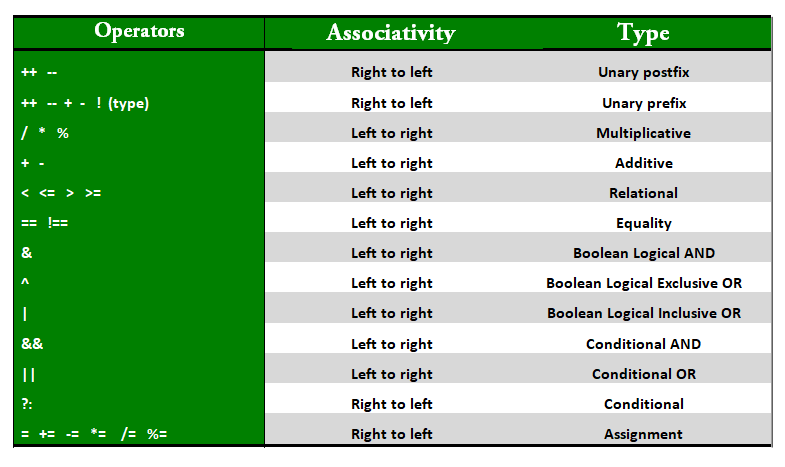
Arithmetic Operators
Arithmetic operators are used to perform mathematical operations such as addition, subtraction, multiplication, division, modulus, etc.
Example:
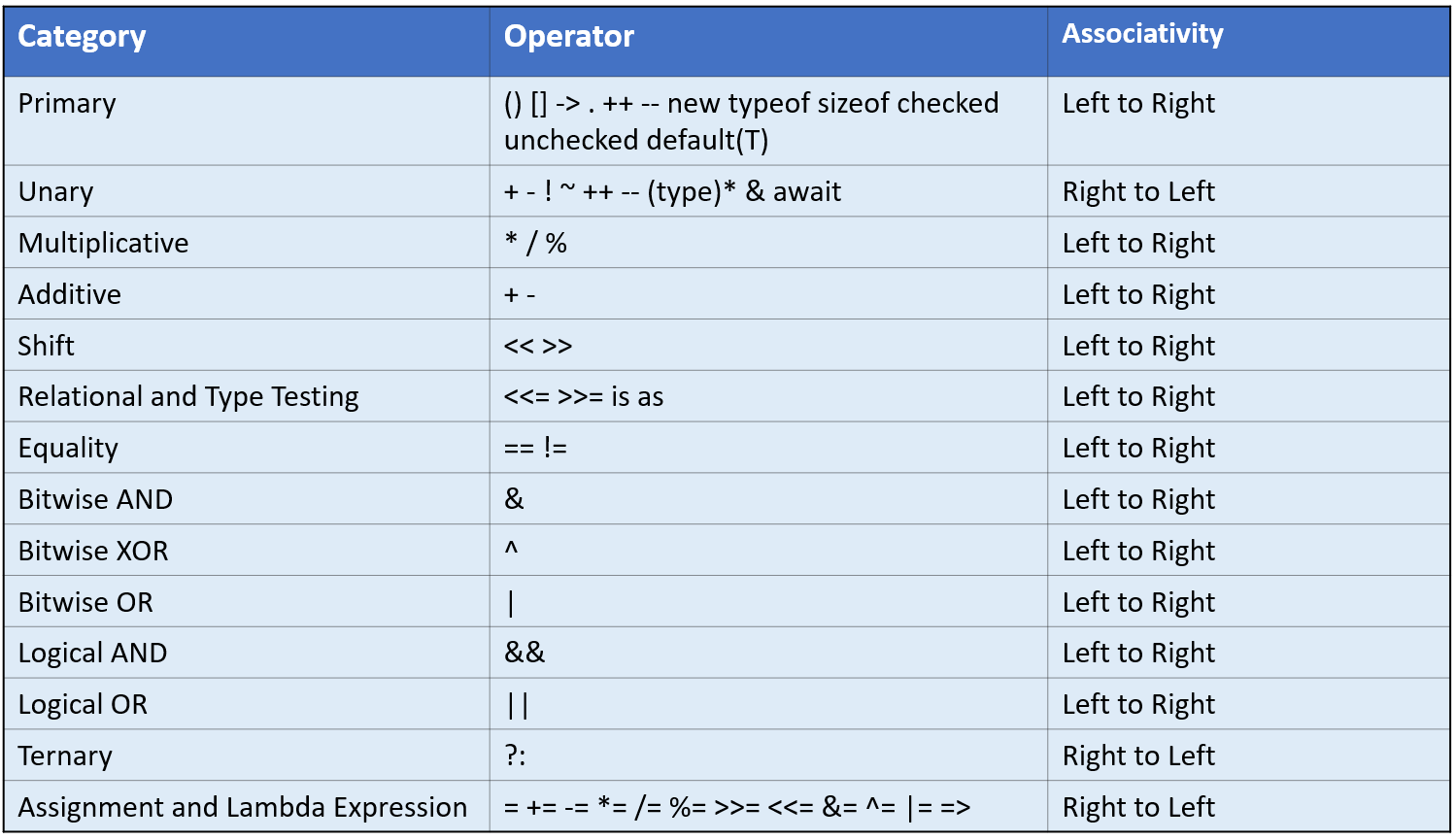
javaint x = 5; int y = 3; // Addition System.out.println(x + y); // Output: 8 // Subtraction System.out.println(x - y); // Output: 2 // Multiplication System.out.println(x * y); // Output: 15 // Division System.out.println(x / y); // Output: 1 (integer division) // Modulus (remainder) System.out.println(x % y); // Output: 2
Comparison Operators
Comparison operators are used to compare values and determine their relationship. These include equality, inequality, greater than, less than, etc.
Example:
javaint x = 5; int y = 3; // Equality System.out.println(x == y); // Output: false // Inequality System.out.println(x != y); // Output: true // Greater than System.out.println(x > y); // Output: true // Less than System.out.println(x < y); // Output: false
Logical Operators
Logical operators are used to perform logical operations such as AND, OR, and NOT.
Example:
javaboolean x = true; boolean y = false; // Logical AND (&&) System.out.println(x && y); // Output: false // Logical OR (||) System.out.println(x || y); // Output: true // Logical NOT (!) System.out.println(!x); // Output: false
Bitwise Operators
Bitwise operators are used to perform operations on the binary representation of numbers.
Example:
javaint x = 5; int y = 3; // Bitwise AND (&) System.out.println(x & y); // Output: 1 // Bitwise OR (|) System.out.println(x | y); // Output: 7 // Bitwise XOR (^) System.out.println(x ^ y); // Output: 6
Assignment Operators
Assignment operators are used to assign a value to a variable.
Example:
javaint x = 5; x += 3; // equivalent to x = x + 3 System.out.println(x); // Output: 8 x -= 2; // equivalent to x = x - 2 System.out.println(x); // Output: 6 x *= 4; // equivalent to x = x * 4 System.out.println(x); // Output: 24
In conclusion, operators in Java are an essential part of programming. They allow you to perform various operations on variables and values, making your code more concise and efficient.
I hope this helps!
What does ' do in Java?
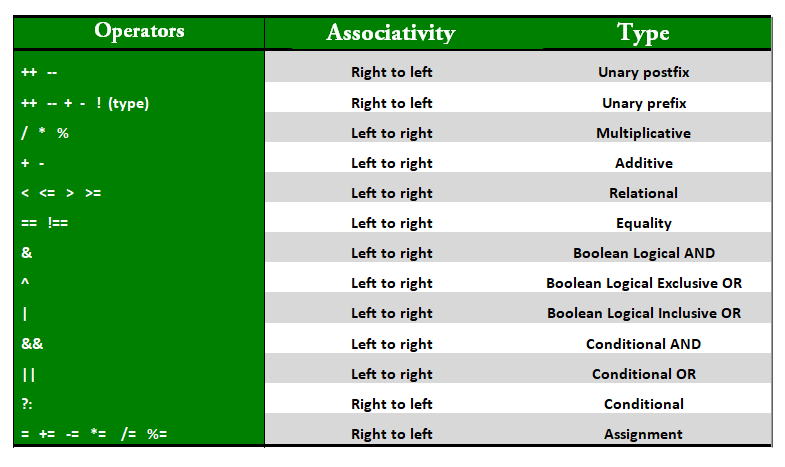
I'll respond in English as requested!
In Java, the backslash character () followed by an apostrophe (``) is used to represent an escape sequence. This means that when you see ```, it's telling Java to treat whatever comes next literally.
Here are some examples of what ' can do:
') in your code, you need to "escape" it by using the escape sequence ``. For instance:'Hello World!'becomes'''Hello World!'''`. String literals: If you have a string that contains single quotes and you want to represent them as part of the string literal itself, you would use '. For example: "She said 'Hello'." is equivalent to " + "She said 'Hello'.+"`". Character constants: In Java, you can create a character constant by using the escape sequence `` followed by the desired character. This works for single quotes too! For example:''`, represents a literal backslash and apostrophe. String concatenation: When working with strings in Java, sometimes you'll need to concatenate strings containing single quotes. Here's where ' comes in handy. For instance, "Hello " + 'Hello' + "!" can be written as "Hello "Hello"!";
Remember that when you're using escape sequences like ', it's essential to balance them correctly within your code to avoid syntax errors. If you accidentally close a string or character constant with the wrong number of backslashes, Java won't know how to parse it.
Now, would Grandma be angry if I said it in Chinese?

